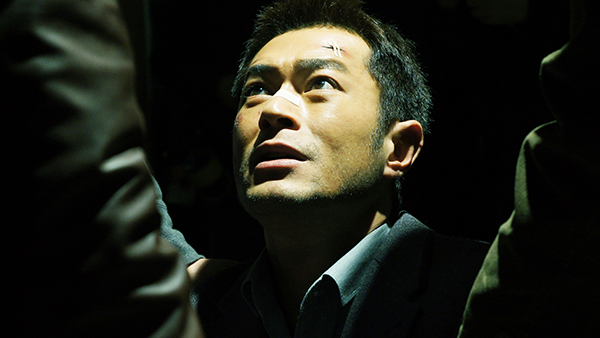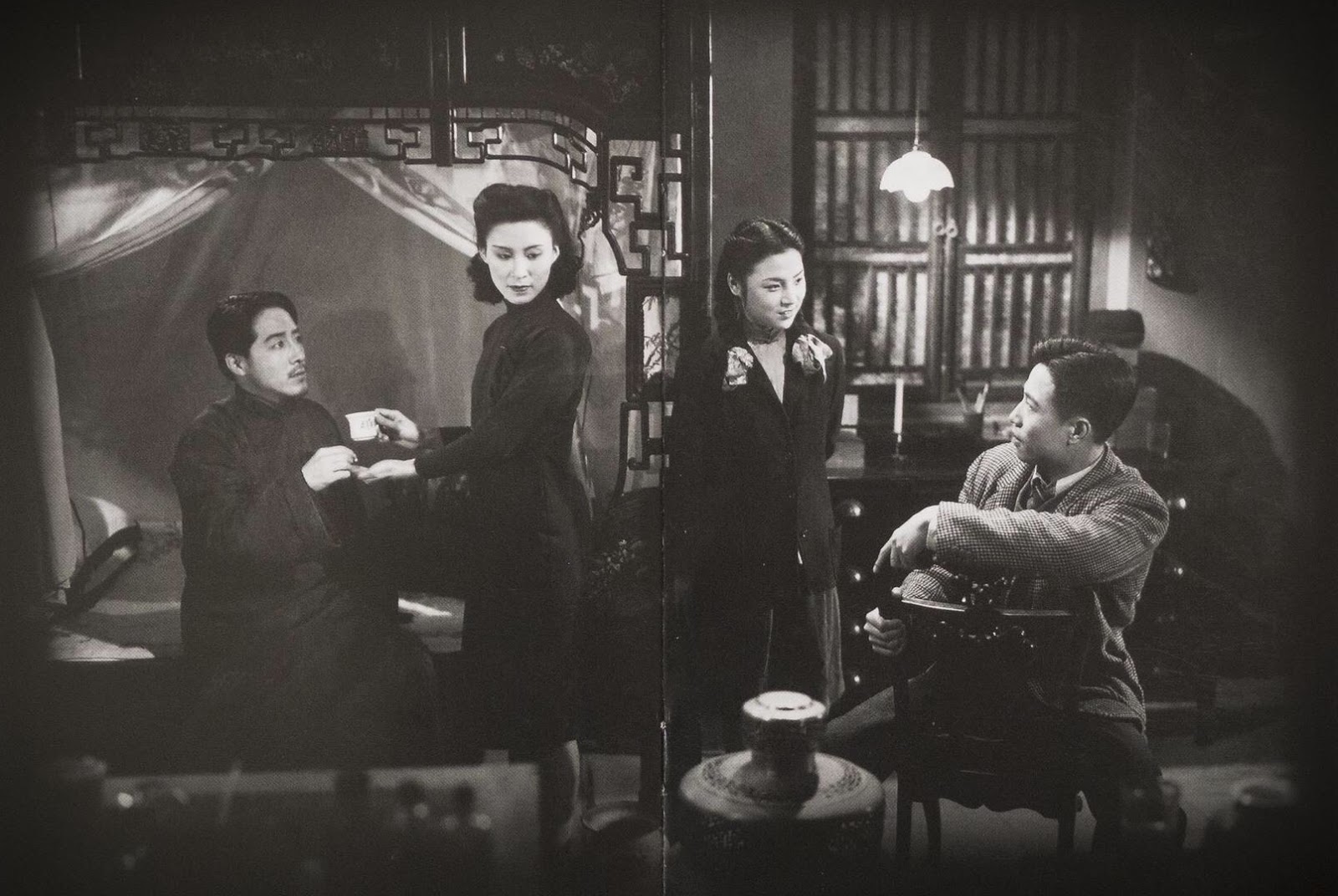Movie theater in China is as old as movie itself. The 1930’s marked the first golden era in Shanghai, a second one began soon after the Sino-Japanese War. Yet it wasn’t till the mid 80’s as well as the rise of the 5th Generation of filmmakers that Chinese manufacturings began to obtain popularity abroad. Currently, the country is house to among the globe’s largest movie markets and matches the various other powerhouses of Chinese-language movie theater (Taiwan and also Hong Kong) with works from a prolific as well as worldwide well-known Sixth Generation. Below we have a look at the greatest mainland Chinese films of all time.
Contents
The Greatest Mainland Chinese Films Of All Time
Spring in a Small Town (1948 )
Commonly thought about the highest possible success of Shanghai’s Golden Age of film-making, Spring in a Village risked abandon upon its release through state censors. The movie introduces a degree of formal experimentation formerly unseen in Chinese cinema. What obtained the movie took out of theaters after just a handful of screenings, nevertheless, is that it was deemed reactionary as well as the bourgeoisie. This is not a tale regarding politicized masses; specific referrals to political events are only digressive or in the backdrop of a war-torn city. The thorn in the state’s perceptiveness and also this traditional love-triangle melodrama’s greatest achievement is its mature portrayal of psychological facts, interpersonal relationships, and also the fatalistic specter of history.
Two Stage Sisters (1965)
Ended up right before the Cultural Change and noticeably various from much of the propagandist movies created in the previous 17 years, 2 Phase Siblings is psychologically complicated, well-acted, and packed with graceful electronic camera motions. It adheres to the relationship of 2 female opera singers from 1935– 1950, just after the founding of communist China, as they head in the direction of various paths. The enthusiastic narrative steps from the countryside to Shanghai, playing out Marxist national politics within the framework of a Hollywood melodrama, and masterfully synthesized with aspects from classic Chinese opera as well as Soviet socialist realistic look.
Yellow Earth (1984 )
Yellow Earth premiered at the 1985 Hong Kong International Movie Event. Right away triggering a feeling, this first instance of a more contemporary sort of film-making brought around the world factor to consider to mainland China’s Fifth Generation of filmmakers. This launching from Chen Kaige (Palme d’Or winner for Goodbye My Concubine in 1993), is set in 1939 Shaanxi province, managed by the previously warring intrigues of the Chinese Communist Party as well as the Kuomintang. Lead Character Gu Qing (Wang Xueqi), a communist soldier, is sent out to the province with the job of accumulating individual tracks from the areas in the hope of raising local’s spirits and winning them over to the red side. Minimally scripted, it is a database of exceptional make-ups and also refined interaction of sensations.
Waves Washing the Sand
Early talkie from the supervisor of The Siren (no 9) that is as formally daring as it is existentially grim. The plot of a police officer’s decade-long quest of a scoundrel is just scaffolding for its examinations into the cruelty and also the frailty of the human condition, which in recent years have actually drawn contrast to the films of French master Robert Bresson. This is one of the greatest mainland Chinese films of all time you should watch.
Drug War
The first of Hong Kong director To’s movies to have won authorization from Landmass authorities (the film is likewise completely embedded in, as well as partially funded by, the Mainland) this drug-trafficking thriller uses the narrative and stylistic limitations to its benefit, cannily casting Hong Kong performers as the lawbreakers and Mainlanders as the cops to mean the social as well as structural divides in contemporary Chinese culture. All roadways assemble in critical combat that is as electrifying as it is caustic– a ballet of bullets that properly wipes out the line dividing evil ones and do-gooders.
Last Train Home
Within its first couple of minutes, Fan’s docudrama on ‘the globe’s largest human movement’ differentiates itself as something more than your common Dateline-ish social-issues missive. The focus to visuals is above and past what most are capable of; doing double duty as the film’s cinematographer, Fan demonstrates a pitch-perfect photojournalistic eye. The movie’s capacity to switch from a macro survey of a sensation to a mini-study hammers its factor house. This is what commercialism has done to the nation; here’s just how it’s damaged the family.




